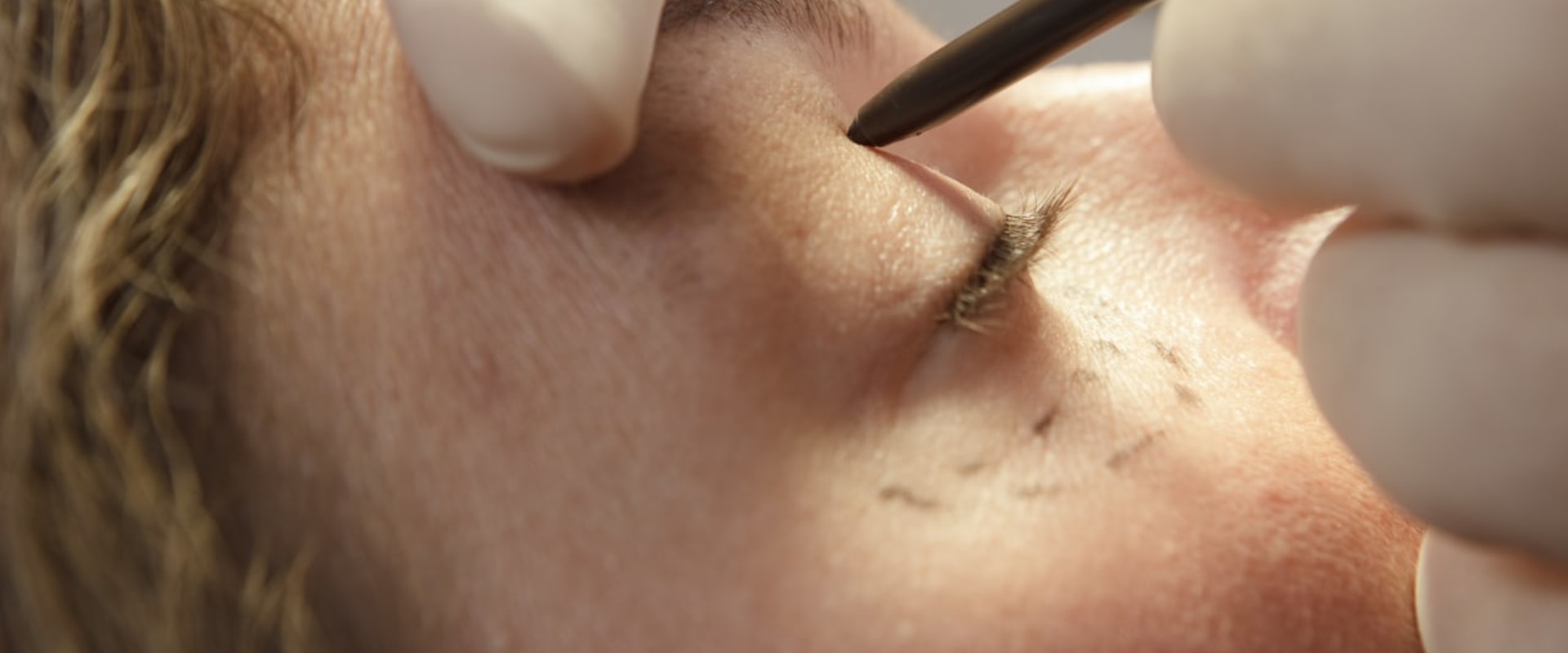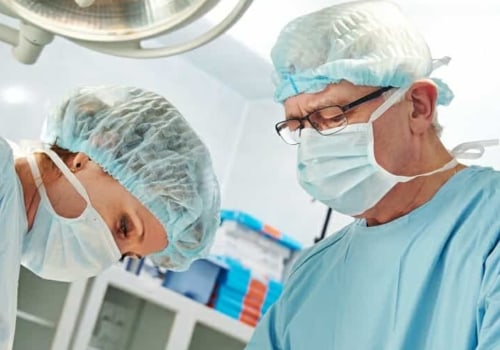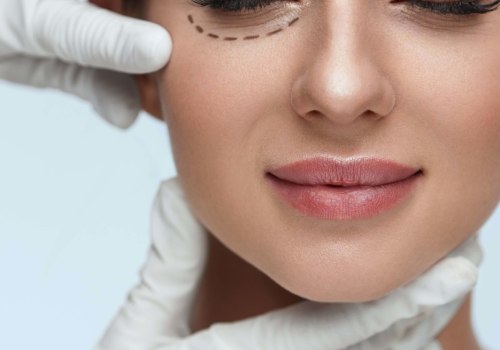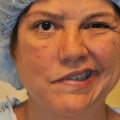Plastic surgery is a special type of surgery that can change a person's appearance and functional capacity. It is used to repair and rebuild missing or damaged tissue and skin, and can be done anywhere on the face and body. In most cases, the skin remains partially attached to the body, creating a flap. The flap is then replaced and sewn over the damaged area.
For a more complex reconstruction, a technique called a free flap is used. Reconstructive surgery is performed to treat parts of the body aesthetically or functionally affected by birth defects, developmental abnormalities, or trauma. The goal of cosmetic surgery is to improve a person's appearance, self-esteem, and self-confidence. The incision is usually placed in front of and behind the ears, extending to the hairline in the temple area. The skin is lifted from the deeper facial tissue, becomes more tightly covered and excess skin is removed.
The incisions are then closed with sutures. Plastic surgery is different from cosmetic surgery, which is surgery that is performed solely to change a person's appearance to achieve what they feel is a more desirable aspect. Some people resort to plastic surgery to correct a physical defect or to alter a part of the body that makes them feel uncomfortable. Most people are referred to NHS plastic surgeons by their family doctor or a specialist consultant who consults about their condition. The name is not taken from the synthetic substance but from the Greek word plastikos, which means to form or mold (and which also gives its name to the plastic material).
The primary goal of plastic surgery is to restore the function and appearance of tissues and skin so that they are as close to normal as possible. It's important to choose a surgeon who is qualified and accredited by a professional board, such as the American Board of Plastic Surgery. Most board-certified plastic surgeons spend a lot of time interviewing teens who want plastic surgery to decide if they are good candidates for surgery. All potential benefits and complications should be discussed during consultation with a board-certified plastic surgeon. Cosmetic plastic surgery includes surgical and non-surgical procedures that improve and reshape body structures to improve appearance and confidence. However, tumor growth can be an adverse effect, so more research is needed before stem cells can become the focus of plastic and reconstructive surgery.
Just because the name includes the word plastic does not mean that patients who undergo this surgery end up with a face full of false things. If you're thinking about plastic surgery, find out everything you can about the specific procedure you're considering and talk about it with doctors and your parents. Plastic surgeons have extensive training and belong to professional associations, such as the British Association of Reconstructive and Aesthetic Plastic Surgeons (BAPRAS).







